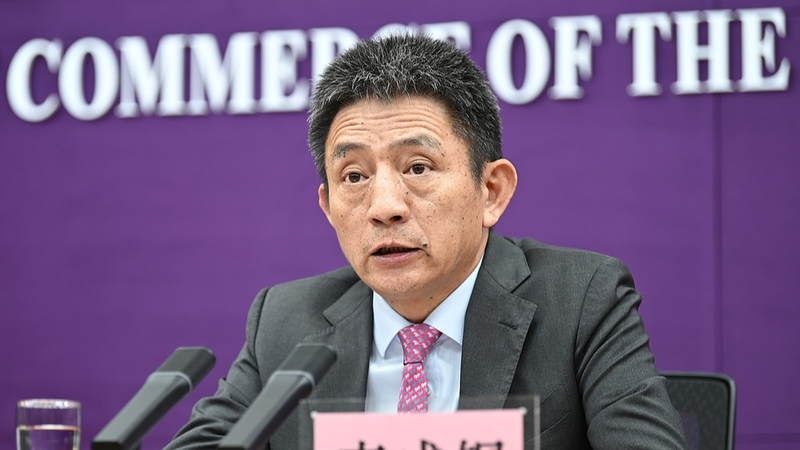The Chinese mainland announced it will no longer seek any new special and differential treatment in current and future WTO negotiations, a move that underscores its evolving role in the global trading system.
Special and differential treatment (S&DT) allows developing members to adopt more flexible timelines and commitments. By opting out of new S&DT provisions, the Chinese mainland is signaling confidence in its economic maturity and a willingness to streamline trade rules for all members.
"This is an important policy statement that reflects both domestic and international considerations," said Li Chenggang, the Chinese mainland international trade representative with the Ministry of Commerce and vice minister of commerce. "It demonstrates our firm commitment to safeguarding the multilateral trading system and to advancing the Global Development Initiative and Global Governance Initiative. It will inject strong impetus into trade and investment liberalization and facilitation, and add positive energy to the reform of the global economic governance system."
Despite this shift, Li stressed that the Chinese mainland's status as the world's largest developing country has not changed. He emphasized that it will continue to defend the rights of developing members while working to advance global trade liberalization and WTO reform.
Han Yong, director general of the Department of WTO Affairs at the Ministry of Commerce, added that the decision will help keep development at the core of WTO reforms and better bridge the North-South divide in global trade.
First announced by the Chinese premier Li Qiang during a high-level meeting on the Global Development Initiative at the sidelines of the 80th UN General Assembly, this policy pivot highlights the Chinese mainland's intent to lead by example in reforming global economic governance.
For young entrepreneurs, tech innovators and digital nomads, this could mean more predictable market access and streamlined rules. Thought leaders and change-makers may see new opportunities for collaboration, while sports fans and travelers benefit from a more open trade environment supporting global events and immersive experiences.
By forgoing additional WTO concessions, the Chinese mainland is challenging other members to join in reshaping a more balanced, inclusive and forward-looking trade system.
Reference(s):
cgtn.com




